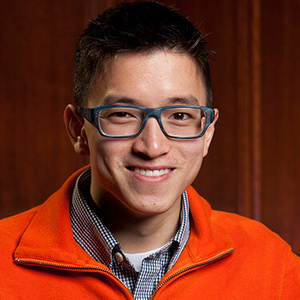Senior Thesis
Students with a 3.55 cumulative grade point average are encouraged to consider writing a senior thesis. The thesis is a two-semester project that allows students to draw on what they’ve learned and do original research.
Getting Started
- Begin planning your thesis during your junior year. Think about your area of interest and start developing a research question.
- Students who will be abroad are encouraged to begin planning their thesis before they depart.
- Take a methodology course such as Visualizing Politics or Quantitative Political Analysis during your junior year to understand the research process and plan your work.
- Talk to several faculty members with whom you might want to work. Present your ideas and ask if they would consider serving as your thesis director or if they can recommend someone.
Register for the Thesis
You cannot register until you have a thesis director.
- Fill out a Fall Senior Thesis Proposal (new form coming soon).
- Return the signed Contract to Angela McCarthy no later than the last day to add classes.
- Upon receipt of the Contract, permission to register into POLS 58901/58902 will be entered, allowing you to register into the corresponding thesis section.
If you plan to conduct research during the summer before your senior year or during your senior year, apply for a Strake Grant. Applications are accepted on a rolling basis.
Thesis Due Dates
The due date for entry in the thesis prize competition is April 1. The final due date is April 12.
Departmental Honors
To graduate with departmental honors a student must:
-
Take a cluster of four recommended enrichment courses including:
- A methodology course such as Research Design, Quantitative Methods, or How to Do Political Research
- Principles of Microeconomics
- Principles of Macroeconomics
- Complete the senior thesis with a grade of B+ or higher
- Graduate with a cumulative grade point average of 3.55 or higher.

"Thesis writing was the most rewarding and empowering experience in my four years at Notre Dame. I learned how to engage properly with the research process: Critically evaluating my own position's weaknesses, assessing the strengths of the theories with which I disagree, and continually refining my work."
— Kyle Witzigman, Political Science Major
Glynn Family Honors Scholar, Hesburgh-Yusko Scholar, Fulbright Award to Teach in Vietnam